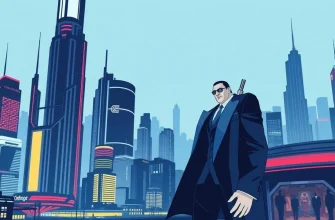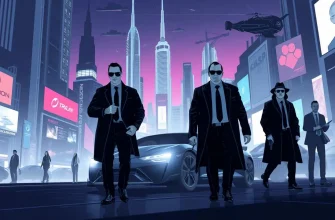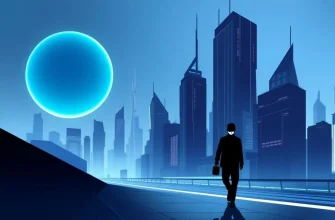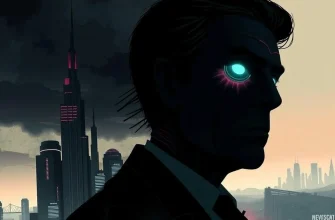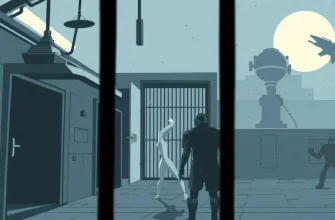Dive into a realm where the lines between technology, crime, and power blur. This curated list of sci-fi films showcases the rise and fall of criminal masterminds in futuristic settings, offering a unique blend of action, intrigue, and speculative storytelling. Whether you're a fan of cyberpunk aesthetics or simply enjoy a good crime saga, these films will transport you to worlds where the underworld reigns supreme.

A Clockwork Orange (1971)
Description: While more of a dystopian social satire, Alex DeLarge, the leader of the Droogs, embodies the essence of a criminal mastermind in a futuristic setting, controlling his gang with a mix of violence and charisma.
Fact: The film was controversial upon release and was withdrawn from British cinemas for many years due to its violent content.
 Watch Now
Watch Now 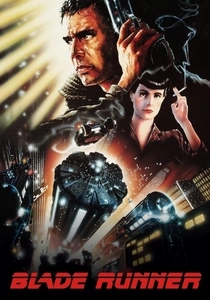
Blade Runner (1982)
Description: Set in a dystopian future, the film follows Rick Deckard, a "blade runner" tasked with hunting down rogue replicants. The Tyrell Corporation, which creates these replicants, can be seen as a criminal enterprise in the eyes of the law, with its CEO, Eldon Tyrell, as the ultimate crime boss.
Fact: The film was initially a box office disappointment but has since become a cult classic, influencing countless sci-fi films and video games.
 Watch Now
Watch Now 
Ghost in the Shell (1995)
Description: In this anime classic, Section 9, a covert operations unit, deals with cyber-crime, often clashing with powerful figures in the underworld. The Puppet Master, an AI with criminal intentions, embodies the concept of a futuristic crime boss.
Fact: The film's visual style heavily influenced the Wachowskis in creating "The Matrix."
 Watch Now
Watch Now 
Dark City (1998)
Description: The Strangers, who control the city and manipulate its inhabitants' memories, can be viewed as a collective crime boss, orchestrating the city's criminal activities and societal structure.
Fact: The film's director, Alex Proyas, was inspired by German Expressionism and film noir for its visual style.
 Watch Now
Watch Now 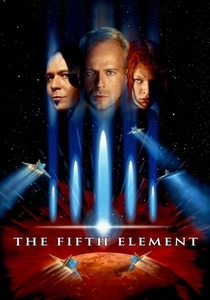
The Fifth Element (1997)
Description: While primarily an action-adventure, the film features Zorg, a villainous industrialist with criminal ties, who seeks to destroy the universe for profit, showcasing the dark side of corporate power in a futuristic setting.
Fact: The film's unique visual style was heavily influenced by French comics and the work of Jean Giraud (Moebius).
 Watch Now
Watch Now 
The Matrix (1999)
Description: While not explicitly about a crime boss, the Matrix series features Morpheus, a leader in the resistance against the machines, who operates in a manner akin to a criminal mastermind in the virtual world. His control over the Matrix and his ability to manipulate reality make him a fascinating figure in this genre.
Fact: The film's iconic "bullet time" effect was developed specifically for this movie, revolutionizing action sequences in cinema.
 Watch Now
Watch Now 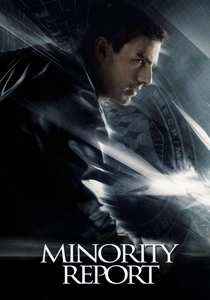
Minority Report (2002)
Description: In a future where crimes are predicted and prevented before they happen, the PreCrime system itself can be seen as a form of criminal enterprise, with its director, Lamar Burgess, as the ultimate crime boss, manipulating the system for his own ends.
Fact: The film's concept of "pre-crime" was inspired by Philip K. Dick's short story of the same name.
 Watch Now
Watch Now 
Equilibrium (2002)
Description: In a dystopian society where emotions are outlawed, the Tetragrammaton Council, led by Father, controls the populace through the enforcement of "Sense Offenders." Father can be seen as a crime boss in this context, controlling the city with an iron fist.
Fact: The film's gun kata, a fictional martial art, was developed specifically for this movie.
 Watch Now
Watch Now 
Akira (1988)
Description: Set in a post-apocalyptic Neo-Tokyo, the film features various criminal elements, including the notorious biker gang, the Clowns, led by their enigmatic leader, Kaneda. While not a traditional crime boss, his control over the gang mirrors the power dynamics of organized crime.
Fact: "Akira" was one of the first anime films to gain widespread recognition in the West, paving the way for anime's global popularity.
 30 Days Free
30 Days Free 
Strange Days (1995)
Description: This film explores a near-future where illegal "playback" experiences are sold on the black market. The main antagonist, Max Peltier, is a corrupt cop turned criminal mastermind, controlling the market for these illicit experiences.
Fact: The film was directed by Kathryn Bigelow, who later became the first woman to win the Best Director Oscar for "The Hurt Locker."
 30 Days Free
30 Days Free 


